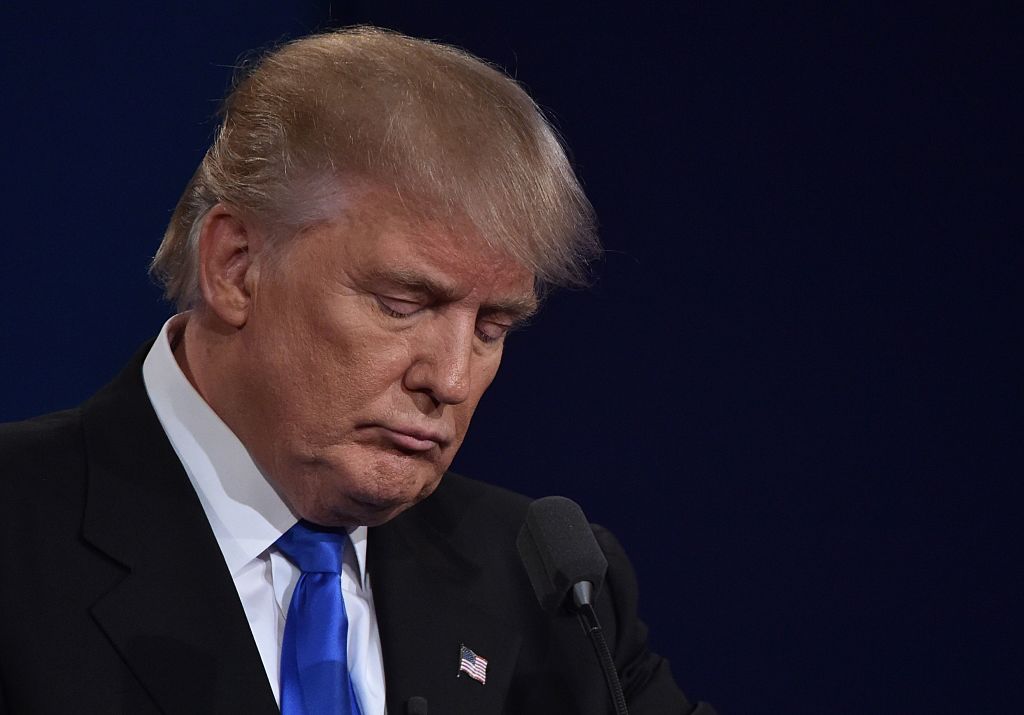To print this article, all you need is to be registered or login on Mondaq.com.
Business owners engaging in international transactions often
face the challenging task of determining the governing
law for their contracts. This decision carries significant
implications, influencing not only your business operations but
also the potential legal costs. This article will explore the
details of governing laws, offering guidance on selecting the most
suitable:
What is the “Governing Law” of a Contract?
A commercial contract outlines the relationship and obligations
between two or more parties. However, the way these rules are
understood and followed may vary depending on the laws of the
country overseeing the contract. The governing law clause in the
contract shows which country’s laws the parties want to follow
for the agreement. This clause is closely connected to where the
contract applies and how parties should resolve disputes.
What if My Contract Doesn’t Specify a Governing Law?
If your contract does not specify a governing law, a court must
decide which one to use. There are generally two considerations to
think about:
- the court will see if the parties meant for a specific
governing law to apply. If neither party showed what they wanted,
the court must look at other circumstances when the parties made
the contract; and - if there is no proof that parties wanted a specific governing
law to apply, a court must objectively decide which law most
connects to the contract.
To decide, the court might look at many factors,
including:
- where each party is located and operates;
- the place or places where you negotiated and entered into the
contract; - where performance under the contract has taken or will take
place; - the kind of contract and what it covers; and
- the parties’ relationship, particularly at the time you
entered into the contract
How Do I Pick Which Governing Law Should Apply?
The governing law clause specifies which country or state’s
laws will apply if there is a dispute or legal issue. When dealing
with international clients, the choice of governing law can affect
what happens if there is a problem.
Ideally, the governing law clause would specify the one you are
familiar with or one that aligns with the law where your business
operates. In practice the parties’ choice of law may often be
straightforward, based on market practice or the law agreed between
the parties. However, there may be some additional considerations
that impact a choice of law in an
international contract.
For example:
- a certain place’s laws may recognise specific
technical legal concepts that benefit your arrangement. - the enforcement and inclusion of any pre-contractual
dealings in the final contract.
Generally, parties usually preferconsistency between their
choice of law and jurisdiction. For example, if most of your
business operates in New South Wales, it would benefit you if the
laws of New South Wales apply. This provides consistency and a
clear understanding of how the law applies. It is important to
remember that laws vary across jurisdictions, even across
Australian states and territories.
How Do I Pick Which Jurisdiction Should Apply?
A jurisdiction clause determines where disputes will be settled,
such as:
- courts;
- arbitration; and
- expert determination.
They may also control how to start and manage a dispute.
The contract’s jurisdiction should match the chosen law.
This can make legal processes simple in terms of time and cost.
However, in international contracts, where parties are in different
countries, assigning a jurisdiction can be more complex and a fair
judgement of a dispute is not guaranteed everywhere.
Understanding complex commercial matters is also an important
factor to consider. In this case, the parties to the contract may
pick a neutral and unbiased jurisdiction, which can help avoid any
unfairness if there is a dispute. Jurisdictions, such as England
and Singapore, are known for their neutrality and are common
choices for international contracts.
When considering foreign jurisdictions, parties should consider
the following:
- availability and costs of legal representation with appropriate
expertise; - location of other relevant parties and witnesses;
and - speed and cost of the legal process.
How Do I Choose Which Dispute Resolution Process to Use?
You should remember that solving a dispute
can cost a lot of time and money. If a governing law says
another country should solve the issue, or if someone involved is
in another country, you can agree to arbitration. This means
engaging a third party, called an arbitrator, to try to solve the
problem before going to court. You can choose an arbitrator with
expertise in relevant fields, enhancing the quality of decisions
before engaging in costly and lengthy disputes.
Additionally, arbitration clauses allow for additional
flexibility in choosing applicable laws and procedural rules,
tailoring the process to suit the specific needs of the parties and
the transaction.
Key Takeaways
You should carefully choose a governing law that you know and
understand. Even if compromising on governing law does not seem
important when the parties’ interests align, it could cause
problems if there is a dispute later.
Parties need to ensure their governing law clauses address both
the governing law and jurisdiction. In arbitration cases, parties
may consider including a clear arbitration provision. Clear and
unambiguous drafting benefits both parties. Failure to achieve
clarity can result in lengthy and costly disputes over which courts
or tribunals should resolve a dispute and which substantive law
applies.
The content of this article is intended to provide a general
guide to the subject matter. Specialist advice should be sought
about your specific circumstances.
#Governing #Law #choose #supplier #dealing #international #clients #International #Trade #Investment










